WASHINGTON, D.C. – Five days after President Donald Trump announced a federal takeover of the District’s police force, residents across the city are still grappling with the impact. At Hechinger Mall in Northeast Washington, shoppers shared stories of how crime has touched their lives—and mixed feelings about whether the presence of federal officers and the National Guard will make things better or worse.
Residents Say Crime Has Gone Too Far
For many, frustration with rising violence is clear.
“Something needed to be done,” was a common refrain, voiced by residents who described heartbreaking encounters with crime—from murders during carjackings to violent robberies.
The manager of 24/7 Best Tobacco & Wireless, located inside the mall, recalled an incident just last week when 30 to 40 teenagers trashed his store, leaving him shaken. “I no longer feel safe working here,” he said.
Tanganyika Hawkins, a mother grieving the loss of her son to a carjacking, said action should have come much sooner. While she disliked the timing—arguing the move was motivated by the assault of a former government efficiency employee—she believes something had to change.
Visible Impact of Federal Control
Since the takeover began Monday, residents have seen immediate changes:
-
National Guard troops patrolling city streets.
-
Homeless encampments being cleared.
-
A temporary move to appoint a federal “emergency police chief,” which was later withdrawn.
Although the Trump administration reversed the appointment, Attorney General Pam Bondi has already directed D.C.’s police to cooperate with federal immigration enforcement—clashing with the District’s long-standing sanctuary city policies.
A Community Divided
At Hechinger Mall, opinions reflected a deep divide.
Angela, a 48-year-old lifelong Washingtonian, said she welcomes additional police but worries about how vulnerable residents will be treated.
“To make sure that the people are getting the help they need and not just being arrested or beat or abused by the police,” she said, stressing that mental health and substance abuse crises require compassionate intervention.
Still, she drew a line at the military presence.
“That’s really scary to see them in our community,” Angela said. “Are they trying to traumatize our people or what?”
‘This Is Not Their Job’
For Rick, a Vietnam veteran and D.C. resident of more than 30 years, the issue isn’t about whether law enforcement is needed—but who provides it.
“Police presence is always good, but not the National Guard,” he said. “I was in the military for 10 years—this is not their job.”
Rick noted that Guardsmen lack the training of community police officers and questioned the timing of the move.
“Crime in the city has gone down,” he said. “So why would you need them now?”
Young Residents Push Back
Not all voices at the shopping center shared optimism about the takeover. Tessa, a 20-year-old nursing assistant who stopped by on her way home from work, was blunt in her opposition.
“I don’t agree with that. I think that is actually the last thing that should have been done,” she said.
A lifelong Washingtonian, Tessa said she understood why some residents support the effort, given the trauma many families have endured. Still, she believes the federal approach is the wrong solution.
“Definitely something should be done,” she said. “I just don’t think it’s this. I don’t think this is the answer.”
Conclusion
At Hechinger Mall, voices of pain, anger, and skepticism mingled with calls for more protection. Some residents welcome additional officers on the street, hoping it will restore a sense of order. Others fear the federal presence—particularly the National Guard—will bring intimidation rather than safety.
As D.C. continues to navigate the balance between public safety and civil liberties, the question lingers: Will the federal takeover ease residents’ fears, or deepen divisions in a city already struggling with trauma and mistrust?

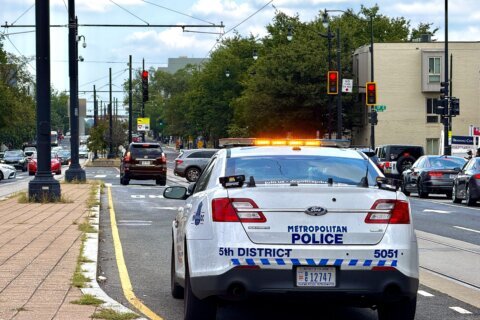
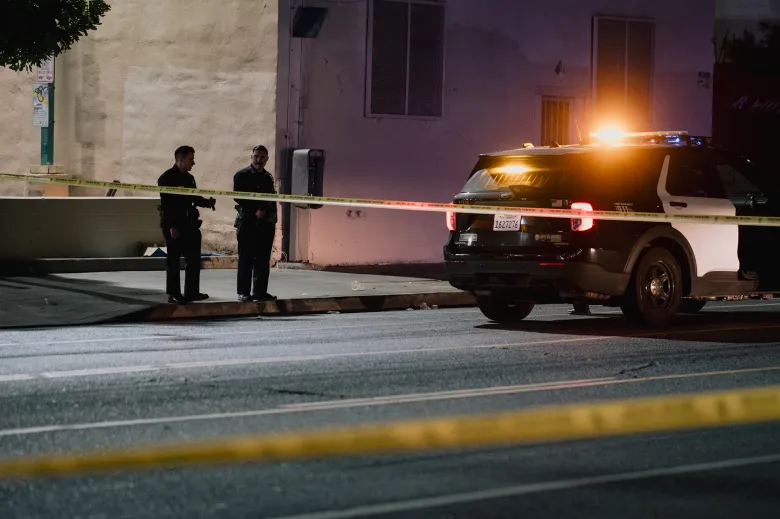
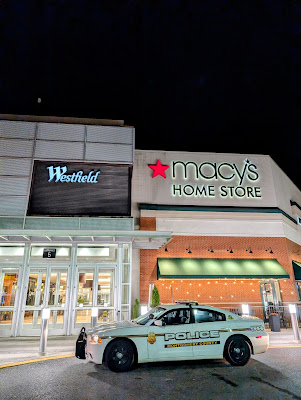
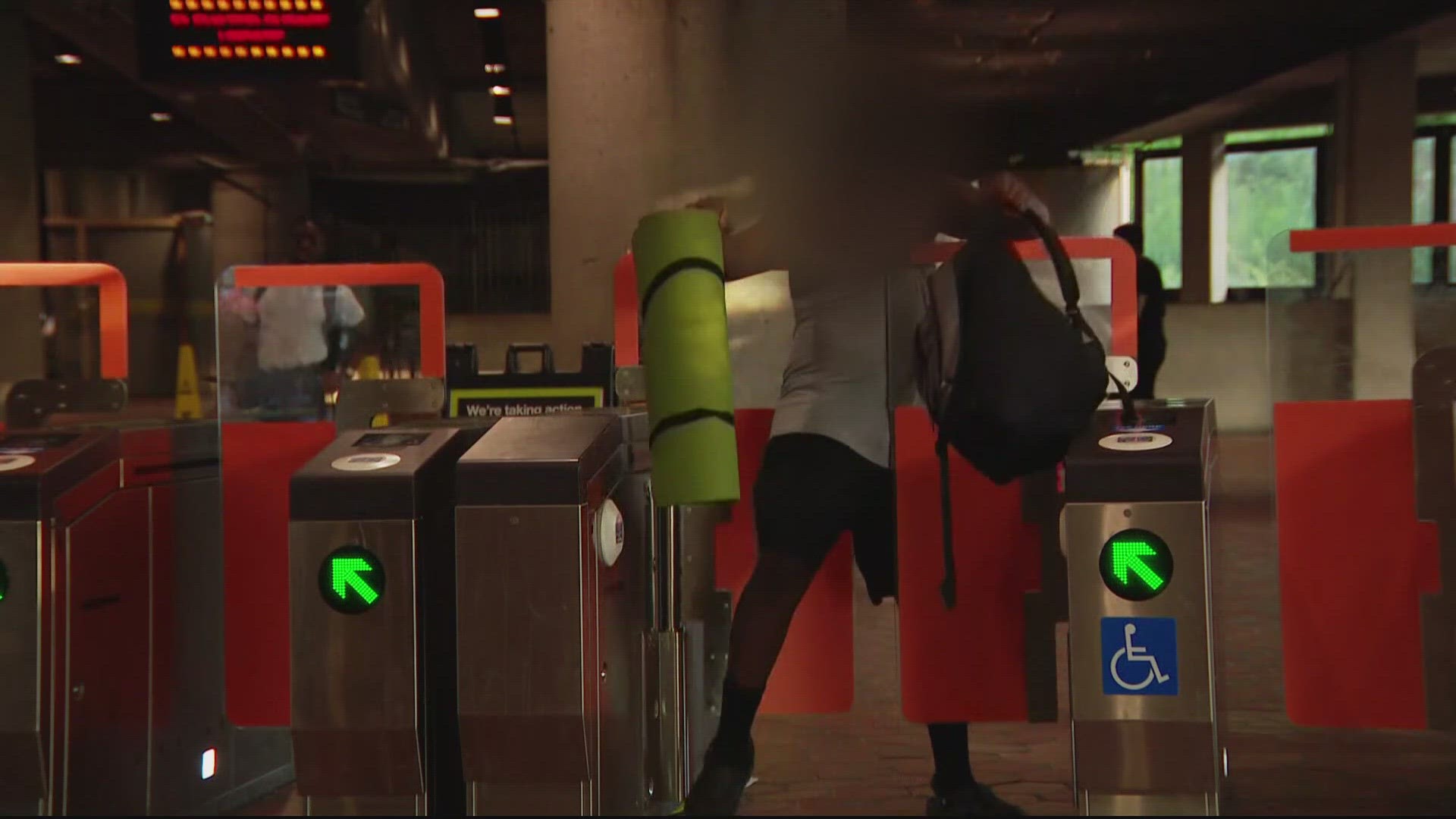
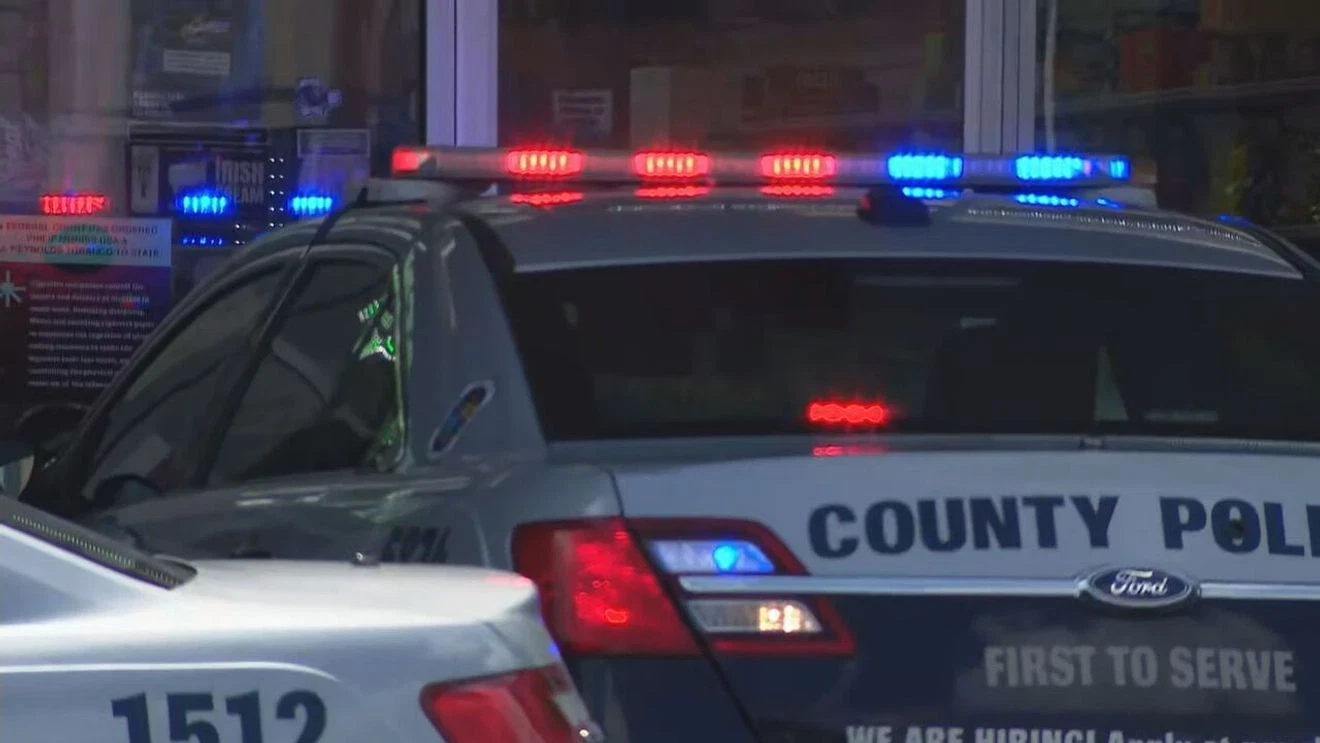
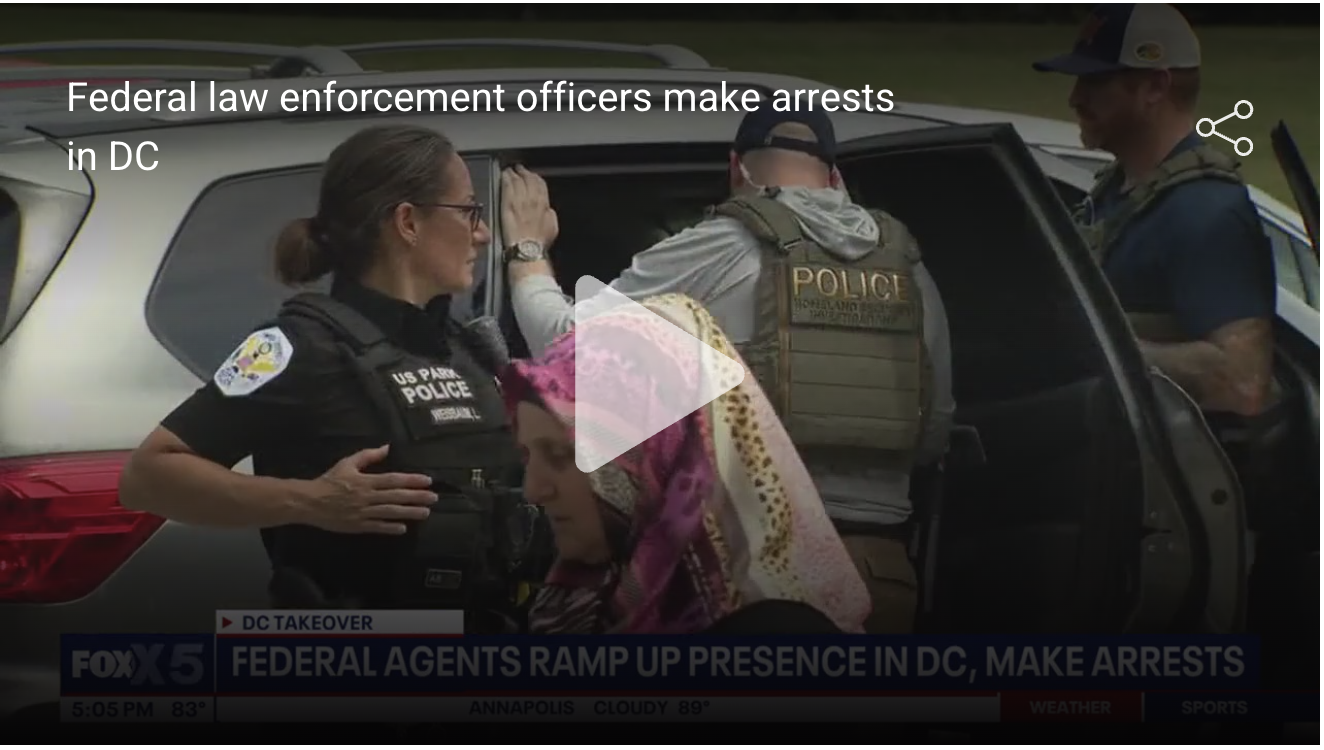
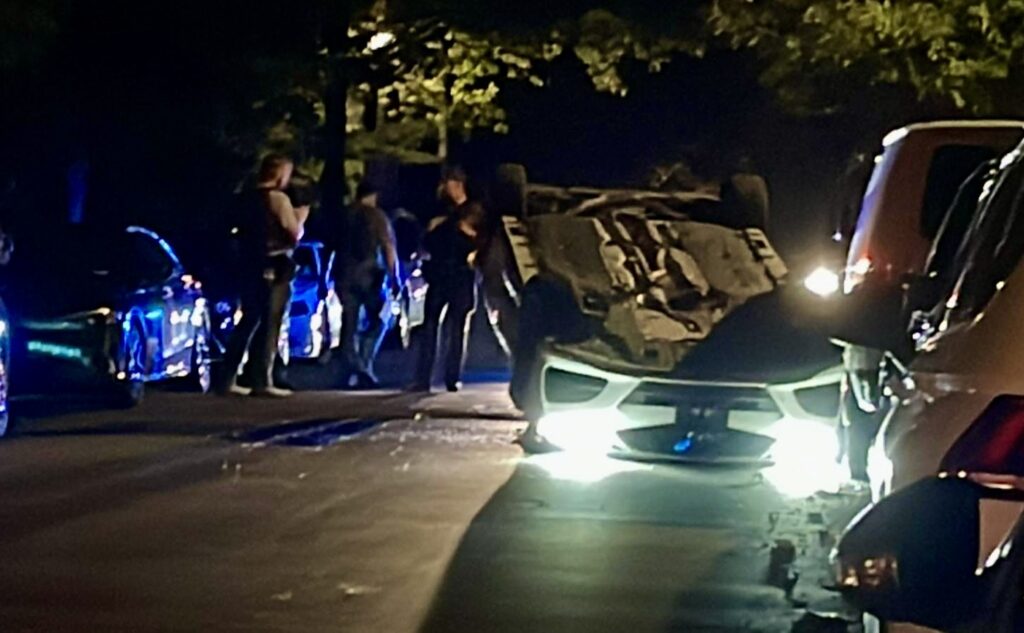
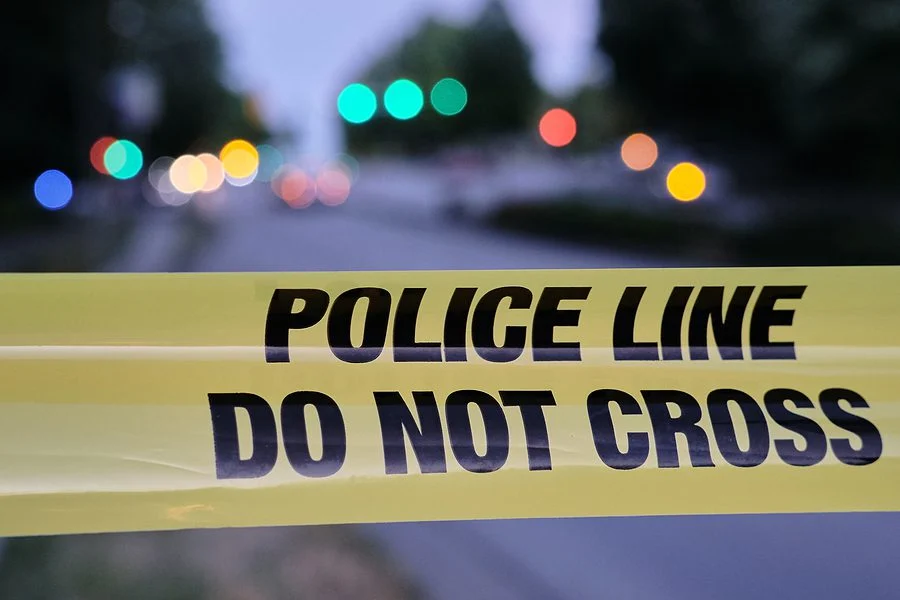
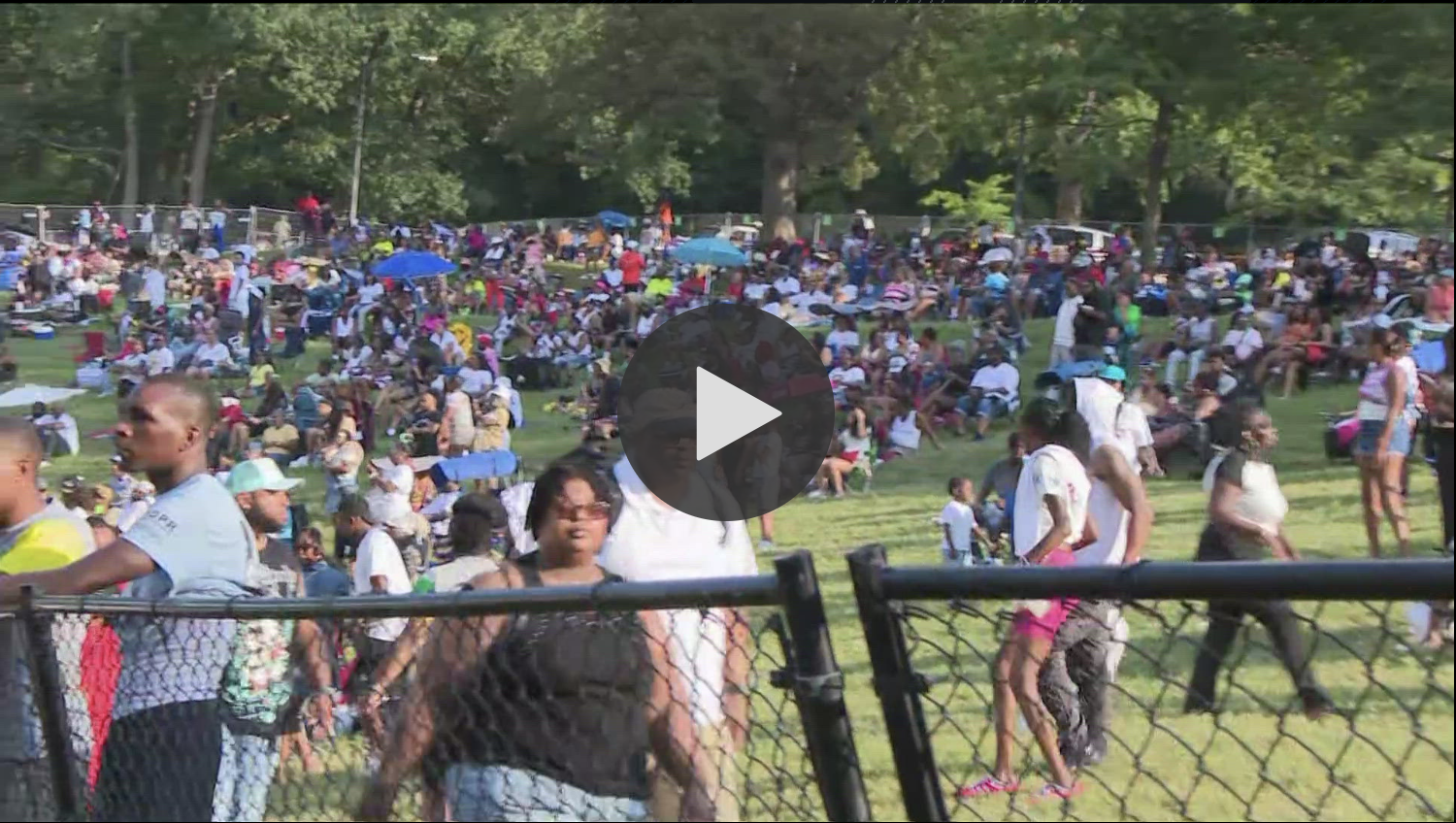
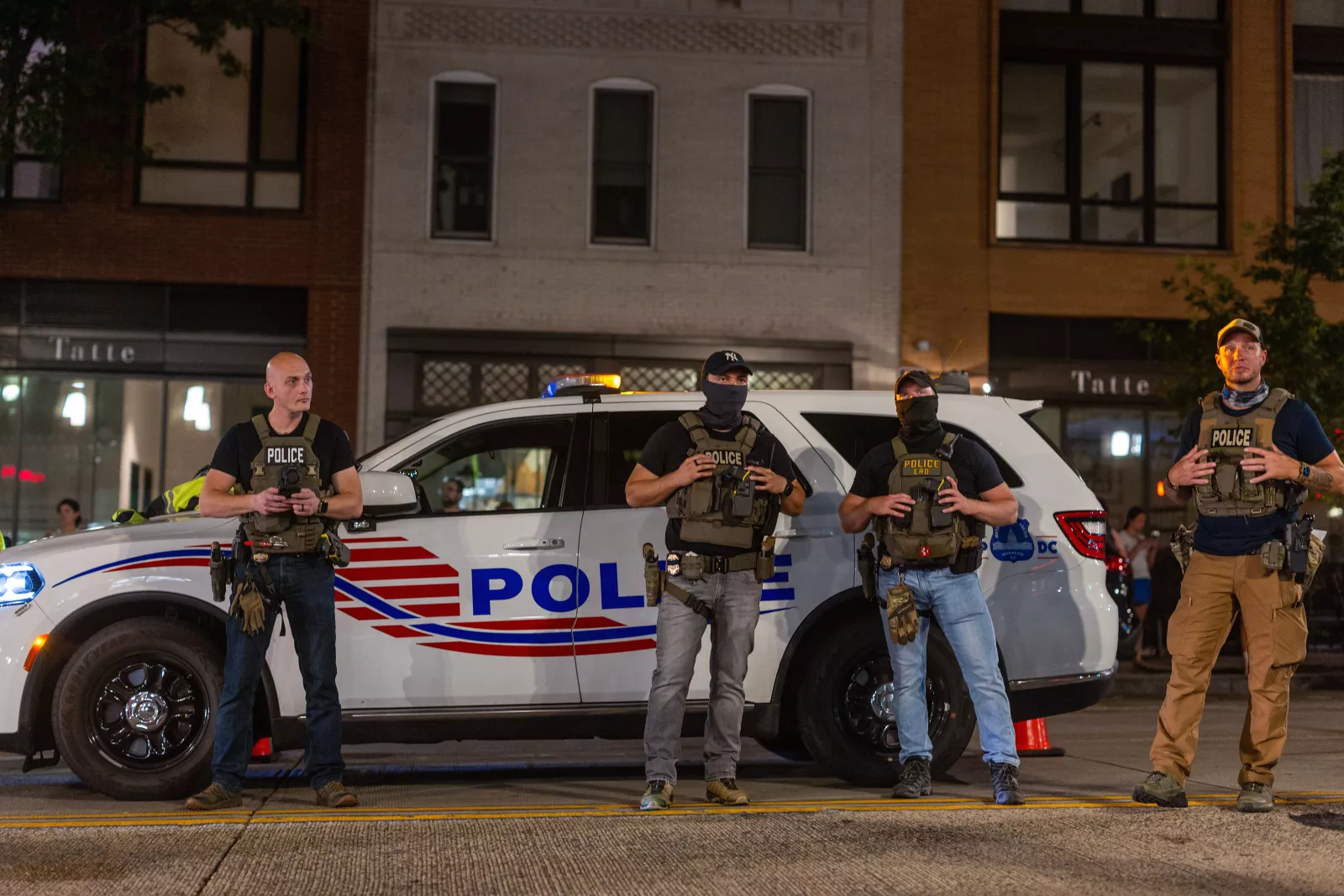
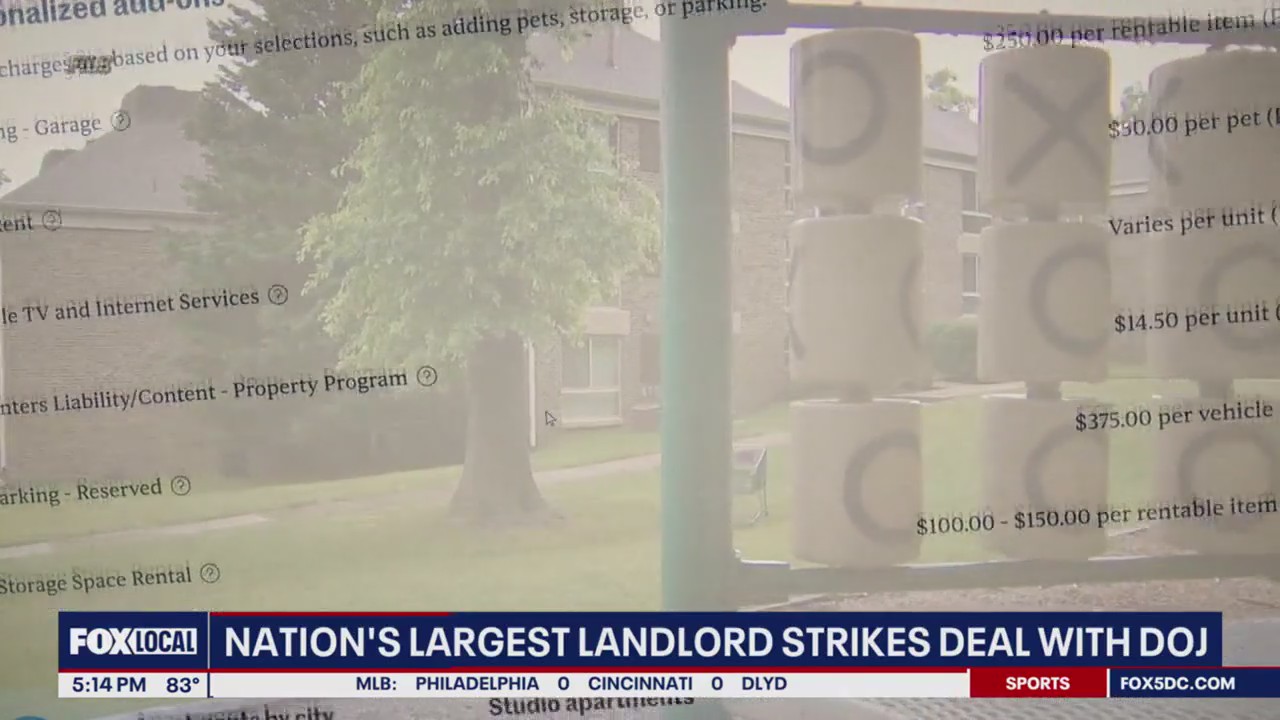
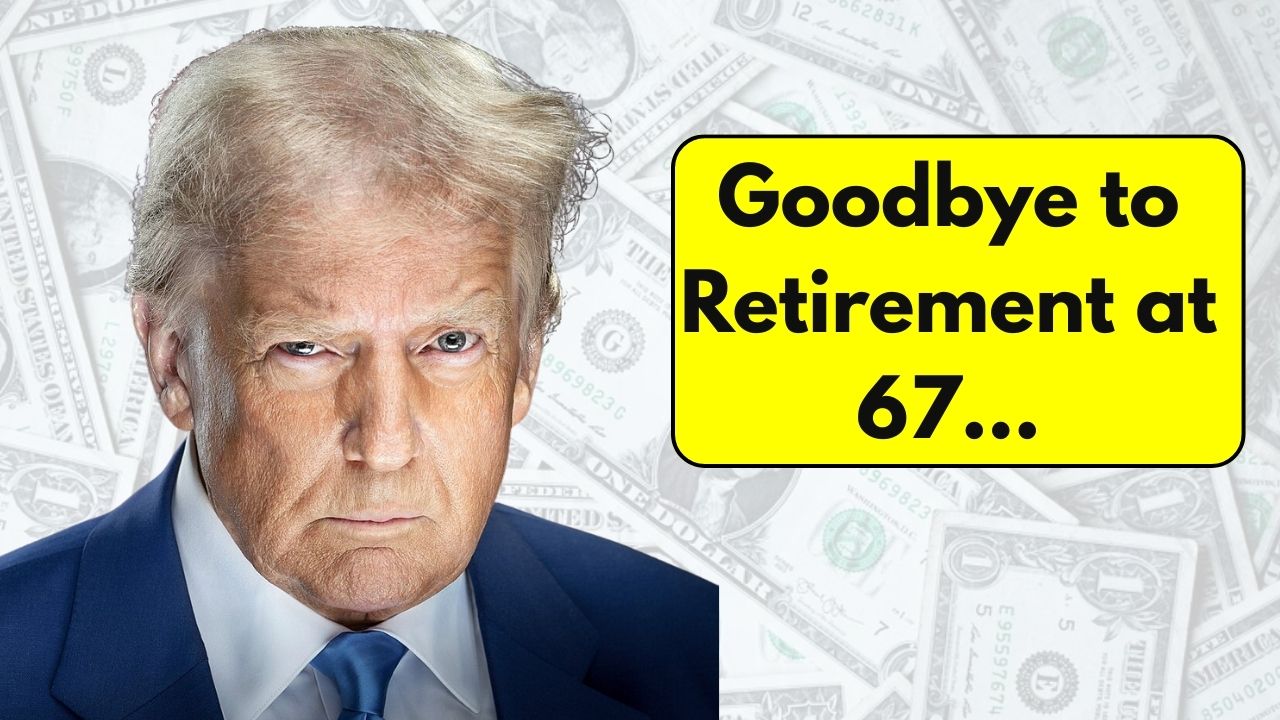
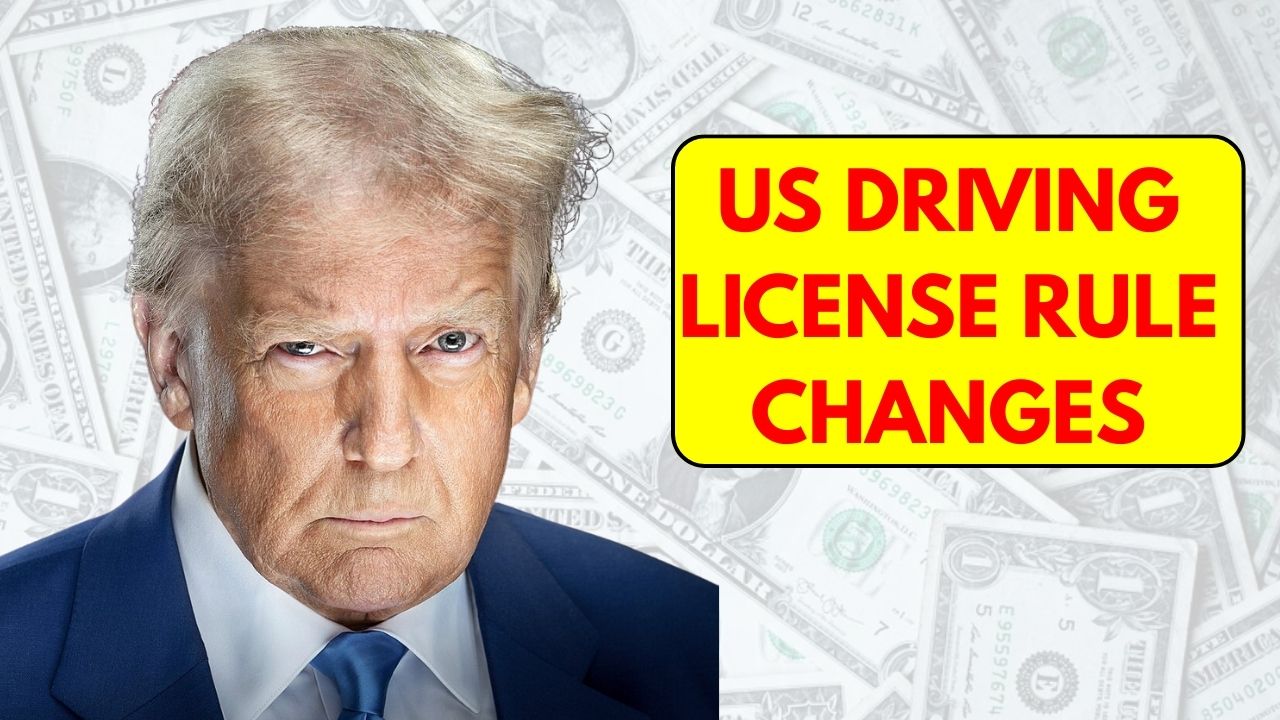
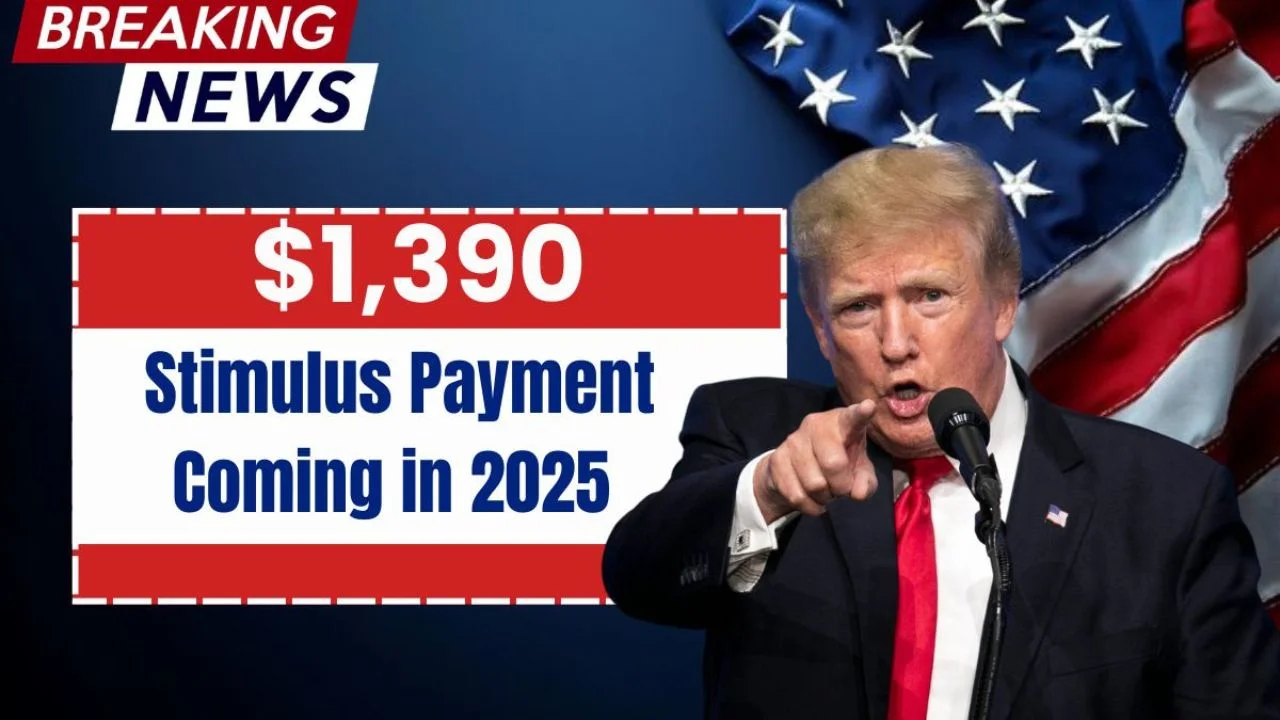


Leave a Reply